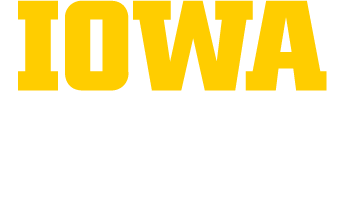Get our newsletter
Get registration announcements, articles on gifted education and twice exceptionality, tools and resources, and much more delivered straight to your inbox every other month. Opt out at any time.
Students
- Academic Talent Search
- Academy for Twice-Exceptionality
- Blank Summer Institute
- Bucksbaum Academy
- Iowa Online AP© Academy
- Junior Scholars Academy
- High School Research Symposium
- Recognition Award
- Scholastic Art & Writing Awards
- Secondary Student Training Program
- Summer Writing Online
- Twice-Exceptional Summer Academy
- Weekend Enrichment
Educators
- AP© Summer Institute (APSI)
- Belin-Blank Fellowship Program
- Listserv
- Talented & Gifted Endorsement
- Webinar Series
Psychological Services
Research
About Us





Belin-Blank Center
600 Blank Honors Center
Iowa City, IA 52242
belinblank@uiowa.edu
319-335-6148
800-336-6463
8:30am - 4:30pm
University Holidays
Privacy Statement
Nondiscrimination Statement
Make a Gift